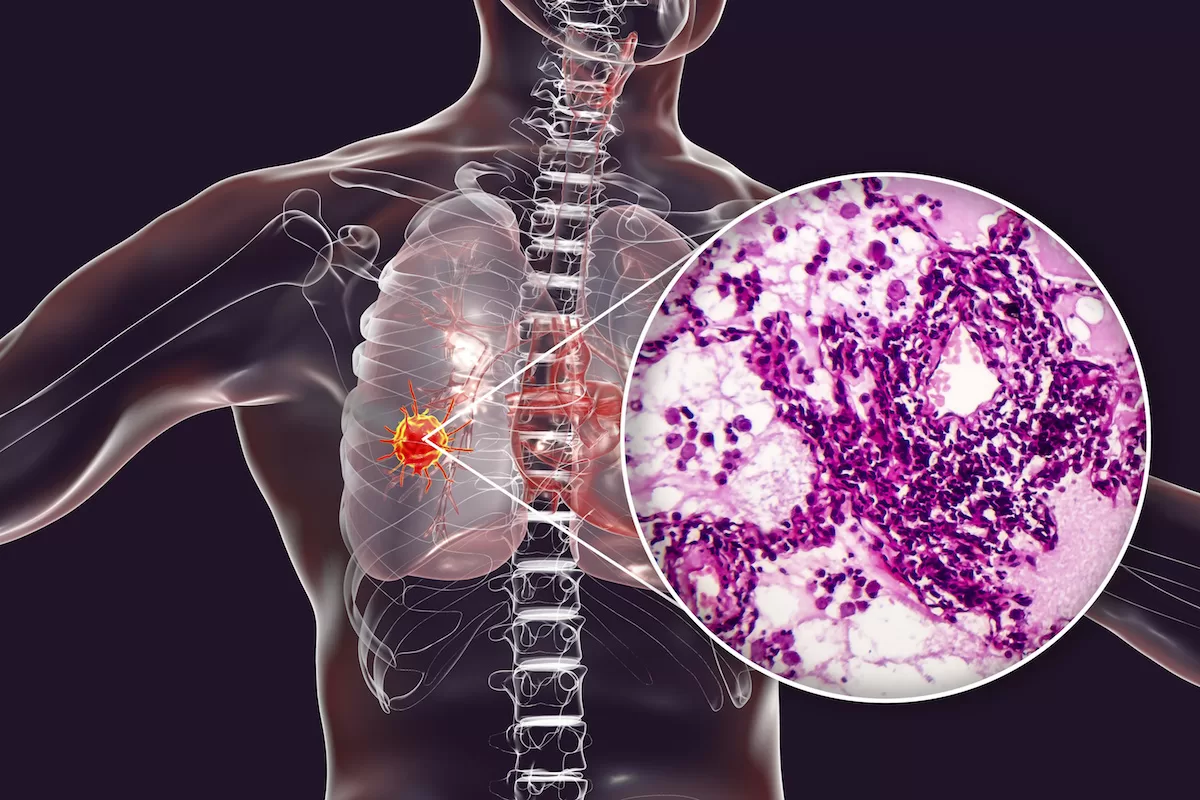There are mainly two types of kidney transplants – living donor transplant and deceased donor transplant. In a living donor transplant, a living person donors one of their kidneys willingly to the recipient. It can be from a family member or an unrelated donor. In a deceased donor transplant, the kidneys are recovered from a brain-dead donor.
Living donor transplant is usually preferred over deceased donor as the kidney will function immediately. The donors kidney is a perfect match for the recipient’s body and there is less risk of rejection. However, finding a perfect match living donor is difficult. So most transplants are from deceased donors.
Pre-Transplant Evaluation
Before being placed on the Kidney Transplant list, the potential recipient undergoes extensive medical testing. This is to evaluate the current medical condition and determine if the person is healthy enough to undergo major surgery. Tests such as kidney function tests, blood tests, urine tests, chest x-ray, ECG, etc are done.
People with other medical conditions like heart disease, cancer or uncontrolled infections are not considered for transplant until the other condition is treated. A potential living donor also needs to go through medical and psychological testing to ensure donating the kidney is safe.
Transplant Procedure
The actual transplant surgery takes around 4-6 hours. The diseased kidneys are removed first in a minimally invasive procedure. Then the donor kidney is implanted into the lower abdomen and attached to the major blood vessels and ureter.
Stents are placed to help the ureter and new kidney start functioning. The kidney will start working immediately through the attached blood vessels. Several techniques are used to minimally invasive and reduce post-surgery recovery time.
Post-Transplant Care
After surgery, the recipient is monitored closely in the intensive care unit for a few days. Medicines are given to prevent rejection and control pain. Blood tests are done regularly to check kidney function and monitor anti-rejection drug levels.
Lifelong immuno-suppression drugs need to be taken to prevent the body from rejecting the new organ. Patients also need to follow-up with the transplant team and keep appointments for check-ups. Strict medication compliance and a healthy lifestyle are important for long term kidney transplant success.
Rejection & Long Term Outcomes
Rejection occurs when the recipient’s body treats the new organ as foreign and attacks it. It can happen even years after transplant. Symptoms include high temperature, pain in the kidneys and reduced urine output.
Timely diagnostic tests and treatment with higher doses of immunosuppressants can reverse rejection in most cases. Long term transplant patient outcomes have improved significantly over the past few decades. With careful post-transplant management, the allograft can last 10-15 years on average. There is also ongoing research on cell and gene therapies to induce immune tolerance.
Psychological Challenges
Undergoing major surgery and lifelong medical management has many psychological impacts on the recipient. Transplant patients often experience anxiety, depression and adjustment issues in the first post-transplant year. Feelings of uncertainty, loss of identity and struggles with medication adherence are common.
Family support, counselling and patient social support groups help address these challenges. But having a second chance at life through transplantation itself acts as a positive coping mechanism. With multi-disciplinary transplant team support, most patients adapt well and return to normal routines.
Living Well After Transplant
With good long term outcomes, transplant is often viewed as a cure rather than lifelong treatment by patients. The goal shifts from mere survival to enjoying an improved quality of life. Patients can safely do physical activities and travel with basic precautions.
Pregnancy is also possible after transplant. But certain risks and restrictions apply. Strict medication adherence, avoid infections and follow post-transplant care plan helps maintain the function of the donor kidney for years. With responsible self-care, transplant recipients can look forward to many productive years of life.
*Note:
1. Source: Coherent Market Insights, Public sources, Desk research
2. We have leveraged AI tools to mine information and compile it




